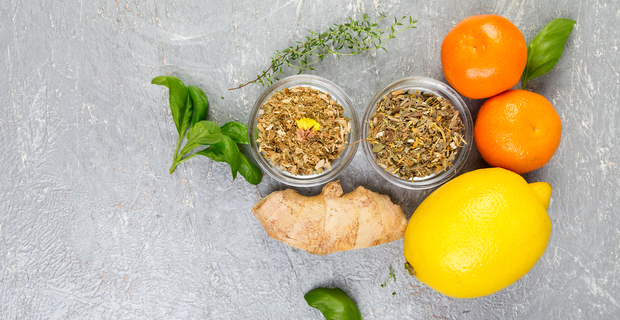Everyday Health
Natural immune boosters that may help you stay well this season
Looking to stay healthy this season? These natural immune boosters may help your body fight off illness and recover faster — from sleep to supplements.

Everyday Health
Looking to stay healthy this season? These natural immune boosters may help your body fight off illness and recover faster — from sleep to supplements.